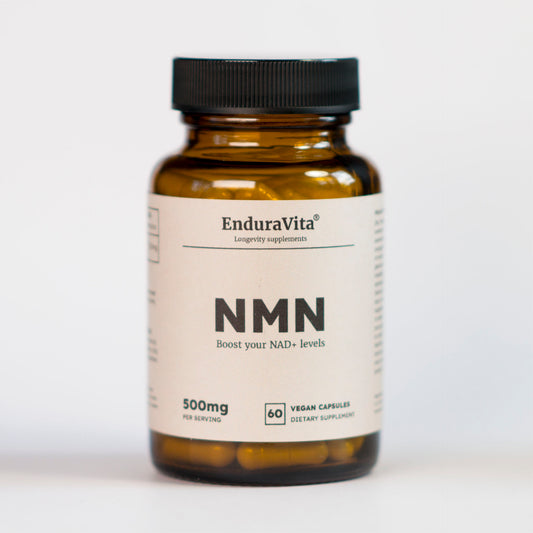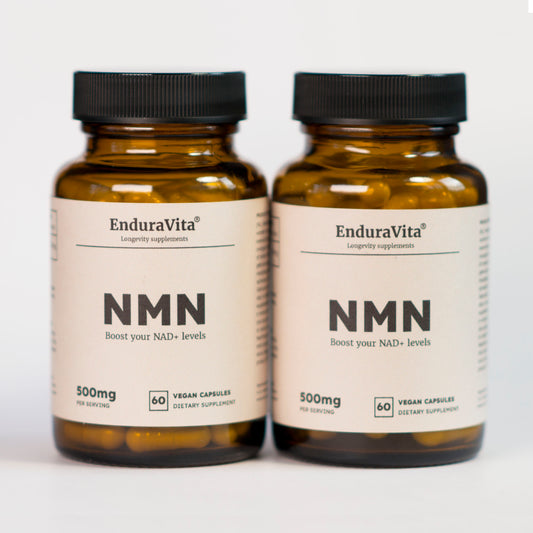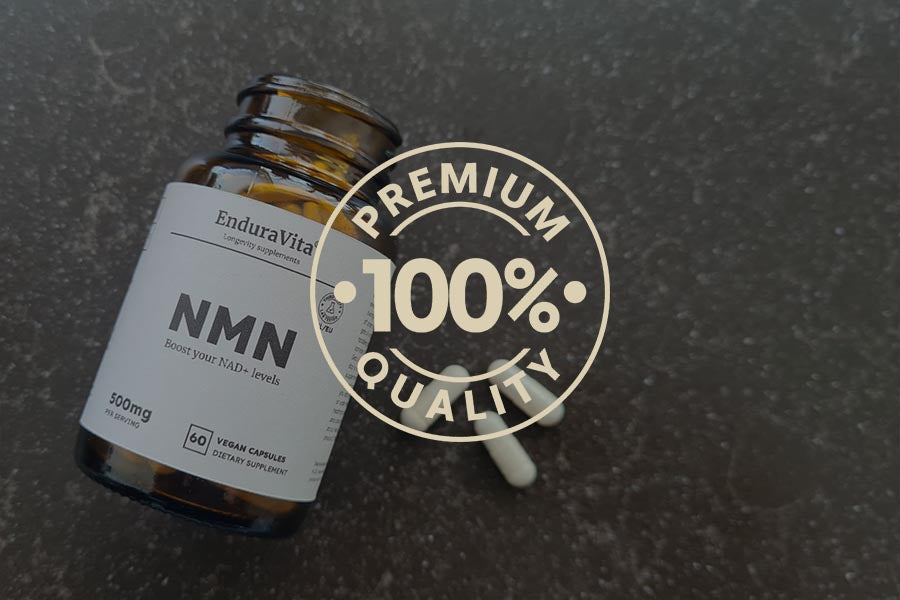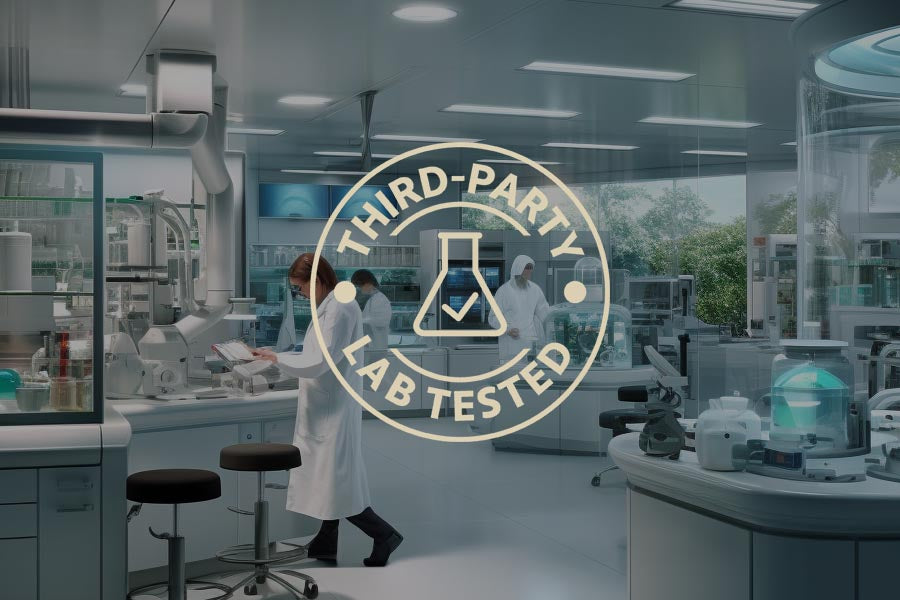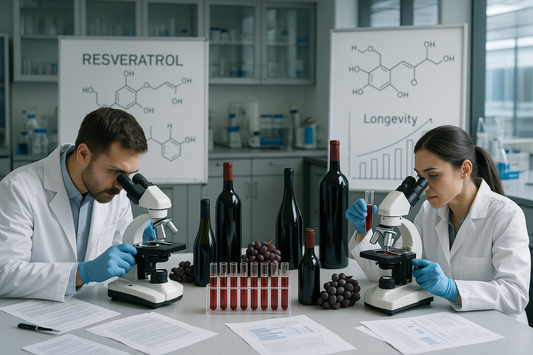
What is the difference between Resveratrol and Trans-Resveratrol?
Anyone who delves into healthy aging might come across the term "resveratrol". This plant-based compound is known for its antioxidative properties and is found in grape skins and red wine, among other things. But besides resveratrol, the term "trans-resveratrol" is also appearing more frequently. The names are similar, the origin is partly the same, but the effect? There is indeed a difference. There are differences in structure, stability, and bioavailability. Discover how resveratrol differs from trans-resveratrol and what makes these forms unique.

What exactly is resveratrol?
Resveratrol is a so-called stilbenoid, a plant-based antioxidant found in, among others, grape skins, blueberries, and peanuts. You also find it in a glass of red wine. The substance is often mentioned in the context of free radicals, cell damage, and heart health support. There is evidence that antioxidants like resveratrol contribute to protecting cells against oxidative stress.
Interestingly, resveratrol is not a single substance. It exists in more than 40 different chemical forms. Of all these forms, only two naturally occur in plants: cis-resveratrol and trans-resveratrol. And that's where the big difference comes in.
What is trans-resveratrol and why is it more active?
Trans-resveratrol is the form that emerges in research as the most biologically active. It is more stable, better absorbed by the body, and more strongly associated with positive effects at the cellular level.
Cis-resveratrol, on the other hand, is much less stable. It oxidizes quickly and is absorbed much worse in the intestines. You could call it the "passive brother" of trans-resveratrol.
Some gut bacteria can convert regular resveratrol into trans-resveratrol, but this happens to a limited extent. Therefore, supplementation with the trans form is often more effective. Preliminary preclinical studies indicate that trans-resveratrol may activate so-called SIRT1 genes supports genes involved in cell function and aging processes.

Resveratrol vs trans-resveratrol
Both substances are plant-based, contain antioxidant properties, and belong to the same chemical family. Yet there are clear differences:
Resveratrol is a collective name for both forms
Trans-resveratrol is the biologically active variant
Trans-resveratrol is more stable and better absorbed
Only trans-resveratrol is associated with SIRT1 activation in studies
Resveratrol supplements at EnduraVita
At EnduraVita we work with resveratrol supplements* that are carefully tested and contain only trans-resveratrol. We don't do this lightly: we want our products to truly provide support. Each batch is independently tested for purity and content. Both in the Netherlands and in American laboratories.
*The effects of resveratrol are still being extensively researched. The mentioned effects are based on preliminary and preclinical studies and cannot be directly translated to humans.

